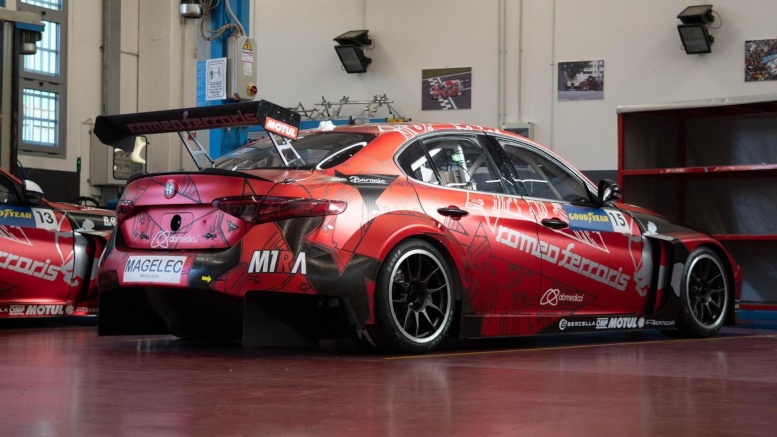An Italian engineering team is experimenting with hemp-based fabric in some car body parts for an experimental race car.
Fabric maker Fibertech Group, SRL; Linificio and Canapificio Nazionale SPA, a linen and yarn producer; and auto parts supplier Bercella SRL have teamed up to build the parts for the M1RA, a touring car that debuted on Pure ETCR, a newly launched racing circuit for high-powered electric cars.
The team is designing and building the first version of the bodywork from carbon fiber, with some parts made of MJ 404/100, “Turkish Raso Hemp” fabric developed by the three companies. The material’s sustainability, light weight, elasticity and resistance make it superior to fiberglass and comparable to carbon fiber, the developers said.
Race to innovate
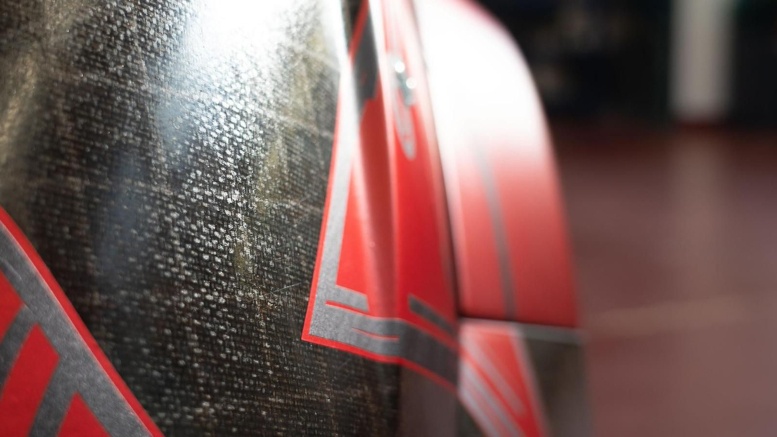
The M1RA, based on the Alfa Romeo Giulia and powered at 500Kw (680 HP), is the creation of Romeo Ferraris, a long-time Italian builder of customized racing cars.
“The use of hemp fiber for some bodywork components demonstrates our constant search for improvements and innovations for the Giulia ETCR project,” said Michela Cerruti of Romeo Ferraris. Cerruti said the race car is provind hemp’s potential as a component in commercial vehicles and cutting edge applications in other industries while offering “a concrete contribution to eco-sustainability.”
Engineers working with woven hemp say it could be the basis for a less-expensive alternative to fiberglass. But industrial demand from automakers can only grow when such products are widely available and can be quickly produced, carmakers have said.
Hemp in cars
Notable applications of industrial hemp in the auto industry:

• Hemp first entered auto racing in 2019 when Porsche included hemp-and-flax body parts in its 718 Cayman GT4 Clubsport.

• Florida-based Renew Sports Car, which makes “Ultra-Low Carbon Footprint” vehicles, said it has developed a car body made of 100% hemp composite.
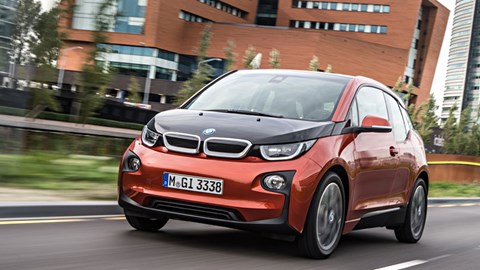
• Introduced in 2013, BMW’s first electric car, the i3, included interior parts made of hemp that reduced the car’s weight by up to 350 kilograms. Audi, Mercedes, Chrysler and Volkswagen also started using hemp-based material for car interior parts in 2013.
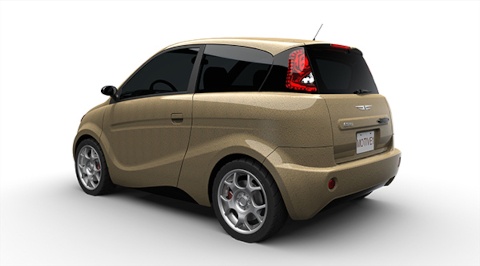
• Canada Motive introduced the Kestrel, an electric car with a body of polymer resin and hemp fiber as far back as 2010.
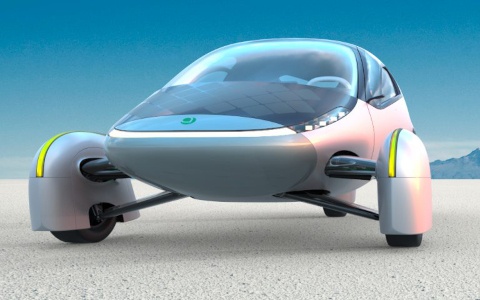
• Aptera Motors, San Diego is developing a solar-powered vehicle that employs ultra-lightweight composites that incorporate hemp.
With reporting from Canapa Industriale

